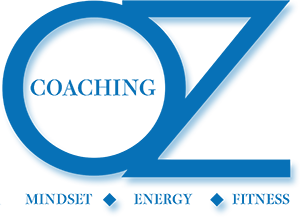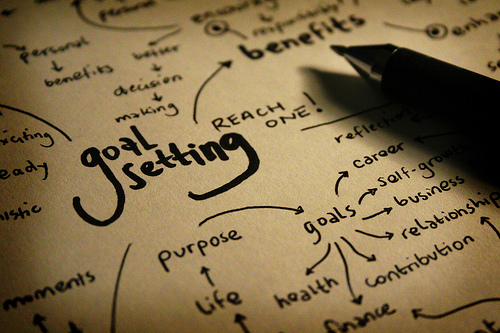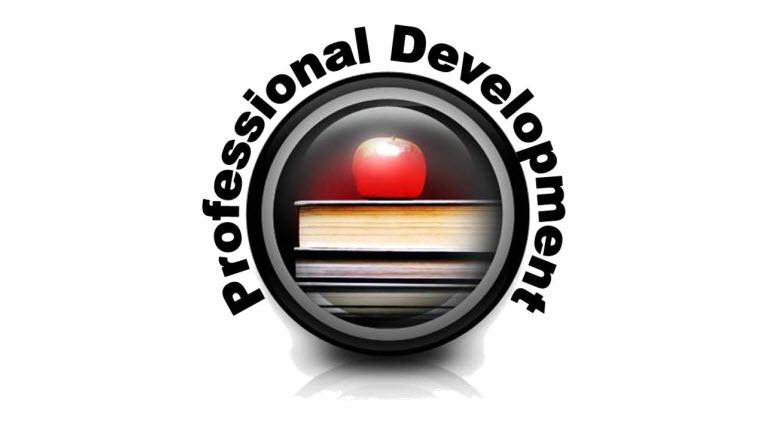Happy Happy New Year!
Coach Oz here. Well, it’s been quite some time since my last post as “life” events sprouted up unexpectedly but I have made weekly blogging a key goal for me in 2016.
If you’re reading this, then your interest clearly tells me that improving your health & well-being (and the many aspects that encompass it) matters to you and I applaud you for making your health a greater priority in 2016!
This week, I want to cover a broader topic of planning & processes (in terms of long-term success) and will be providing specific actionable items below.
Rewrite Your Wellness Journey
Do you set goals in life? How do you measure success? Does setting goals for you mean guaranteed success? Does a clear and actionable processes accompany your set goals? What do you think is more important with respect to achieving success; the goal or the process?
If you regularly set goals then kudos to you for being a minority in today’s society – for the most part. If you don’t set goals then I highly recommend it being your GOAL of 2016. Setting goals is a proven way to achieve a desired and meaningful achievement(s). Whether it be financial, spiritual, physical or mental in nature, setting goals can provide purpose in life and immediate gratification once achieved. Don’t you agree?
However, if goals are the only thing you focus on in your journey towards happiness & success, then you may be missing out on the most important contributor to long-term success – that being the “Process or Systems”. Think of it this way: Once you’ve reached your set goal(s), what happens next? You commit to certain daily behaviours or restrictions for a set period of time, grind your way through daily temptations and punch will power in the face all to reach a desired goal, (and aside from feeling exuberant upon hitting your goal) I ask yourself: “what’s your PLAN now?”
This is where I feel most people struggle when it comes to sustaining healthy lifestyle practices for the long-haul as goals are primarily short-term motivational tactics whereas “the process or systems” facilitate routinely actions.
One of my key targets in 2015 is improving my mobility and daily functioning. I have set numerous goals to achieve my overall target but it’s going to be my established systems that I follow each day that will have the greatest impact on my long-term functioning/mobility. To be more specific, I have goals such as completing a certain number of mobility-specific workouts each week and scheduling a set number of therapy sessions per month for more of a preventative approach. Whereas the systems I will employ each week/month will be things such as workout exercises,types of preventative therapy, greater awareness of posture on a daily basis, etc.
I asked the question above: What do you think is more important with respect to achieving success; the goal or the process? In my mind, my weekly/monthly processes will have a greater impact on my long-term mobility.
If I don’t reach one of my goals such as miss a workout from time-to-time or forget to schedule in a therapy session one month, I won’t feel negative or bad about myself for not sticking to the plan as I know the majority of the time the processes that I’m following enable me to work towards hitting my overall target.
As you can see, system-based thinking is never about hitting a particular number each week/month, it’s about sticking to the process and completing specific exercises and becoming more aware of posture in order to feel and move better. I feel if people only focus on the goal itself (i.e., number of workouts/week) and they don’t reach it (i.e., miss a workout), then they feel like a failure. Having a strong positive mind-set makes sticking to plan much easier which obviously leads to overall success.
People thrive to see immediate results, hence why the health & fitness supplement & book industry is a billion-dollar business. Yo-yo dieting and monthly exercise fads are common place in society yet most fail to see that the true value and benefit of any healthy lifestyle-related program is sustainability and functionality.
Actionable Items For You to Follow:
1. Set some short-term & long-term targets PERIOD! (Examples can include):
- What exactly are you not doing today that you feel you should be doing?
- Number of workouts you want to complete each week/month? Number of brown bag lunches each week?
- What key aspect(s) of your health needs to change immediately?
- Consult with a health professional for specific guidance on any of your key health areas you wish to change/improve?
2. Set-up vital systems that will assist you in reaching your above goals
- List the specific habits that you need to reduce or increase each day.
- Make scheduling and preparation a top priority every day for sticking to YOUR plan.
- Advise your family/friends/co-workers/social media of your goals for accountability purposes.
- Following specific workouts or a manageable meal plan each week.
I have found that goals are good for planning your progress and systems are good for actually making progress. Goals are an integral part of any successful plan, however I highly suggest you consider establishing and committing to a weekly system/process of actionable tasks to make 2015 the year for sustaining a lifestyle that provides you with optimal health and vitality!
Yours in strength!
Coach Oz


